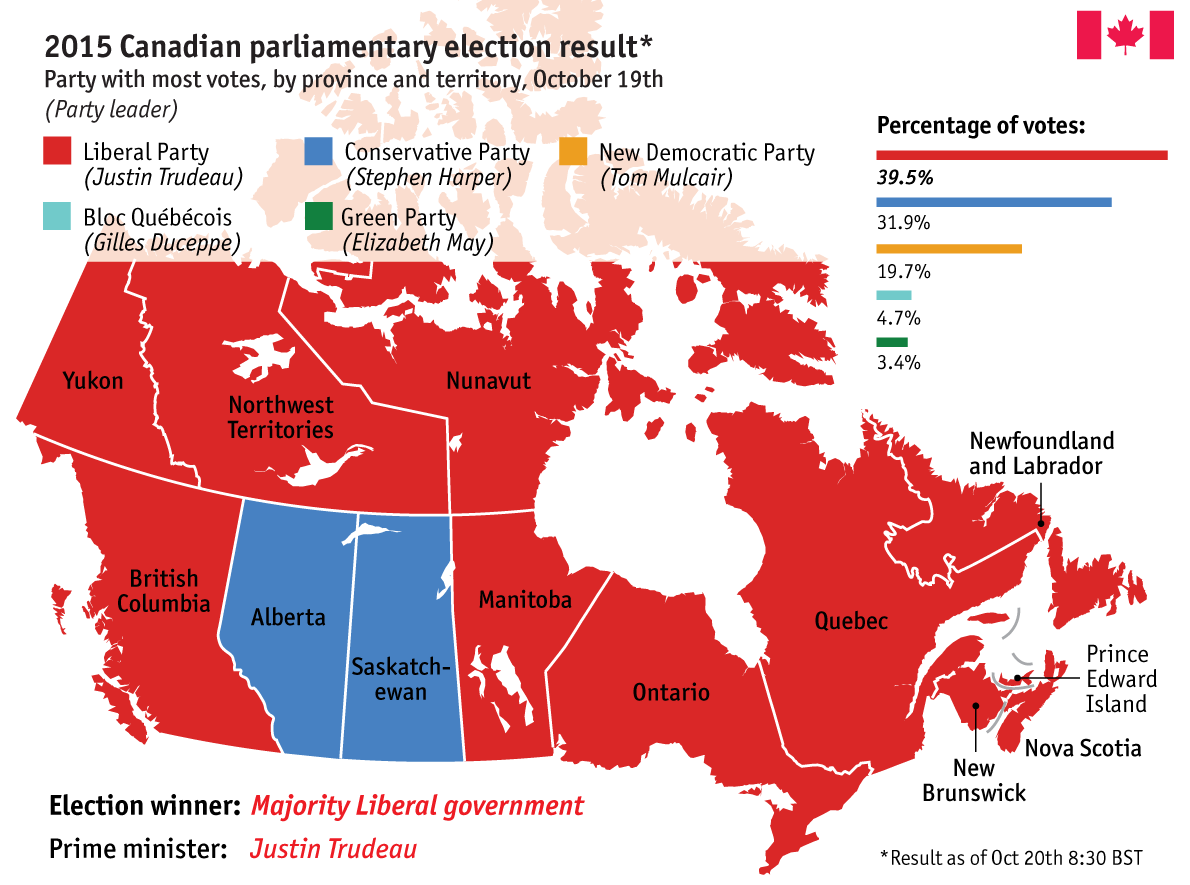How did it come to this? The simple answer is, the Maritime provinces were betrayed by the rest of Canada.
Nova Scotia and New Brunswick entered Confederation in 1867 (PEI held out until 1873) reluctantly, and with good reason.
At the time, the region enjoyed a thriving economy built on trade, mostly with the U.S. Northeast.
There were steel mills, cotton mills, sugar refineries, glassworks – a quarter of the new Dominion’s manufacturing capacity. Manufacturing was financed locally, through lenders that evolved into the Royal Bank and Scotiabank. Maritimers’ shipbuilding prowess was world-renowned. Halifax was a major hub on the Atlantic seaboard.
Then, in 1879, the federal government imposed the National Policy, creating a tariff wall with the United States in order to protect Central Canadian manufacturing. Suddenly, the nearest market for Maritime goods was Montreal, 1,200 kilometres to the west.
Cut off from American markets and far removed from the Canadian heartland, the Maritimes withered into a mostly rural economy dependent on forestry and the fishery, which offered only seasonal work. To protect what jobs were left, governments began throwing good money after bad, propping up money-losing coal mines, paper mills, tourist resorts.
“The place hasn’t recovered since,” says Mr. Navarro-Génie. A political scientist, he came east just 18 months ago, after years of teaching in Alberta and a stint at the Frontier Centre in Calgary, another conservative think tank. (As we talk in his suburban office, we both marvel at Halifax’s towering snowbanks – although he loves his new home, Mr. Navarro-Génie, born in Nicaragua, says the winter wind “has a cruel soul.”

In the 1950s, the federal government started pouring money into the region through transfer payments that eventually became the equalization program, along with dubious economic-development schemes
. Not only did those schemes mostly fail; they are blamed for encouraging the attitude that government subsidies are better than private investment at creating jobs.



